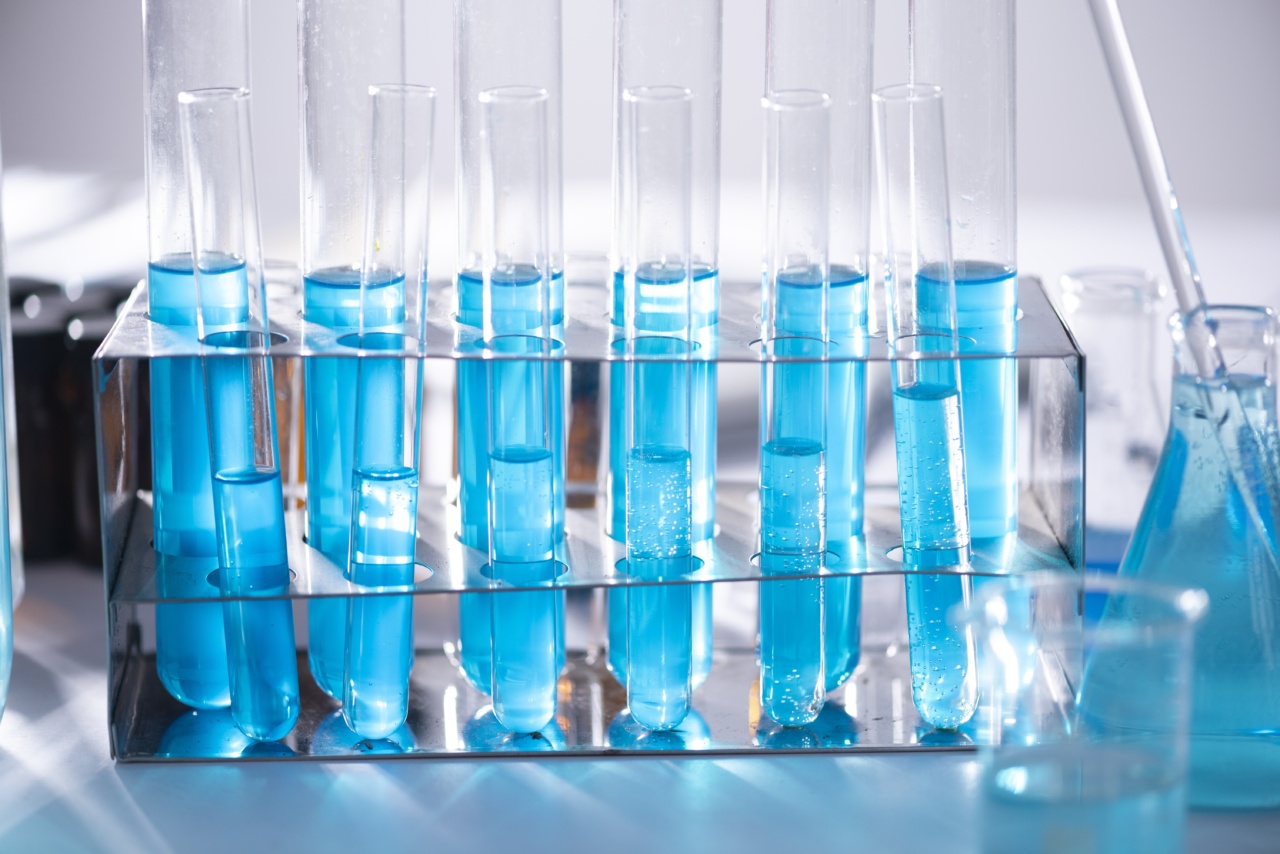Pancreatic cancer is one of the deadliest forms of cancer, with a low survival rate and limited treatment options.
While several risk factors have been identified, such as smoking, obesity, and genetics, recent research has highlighted the potential role of bacteria in the development and progression of pancreatic cancer. This emerging field of study offers hope for novel preventive and therapeutic strategies.
The Human Microbiome and Cancer
The human microbiome refers to the diverse community of microorganisms, including bacteria, viruses, and fungi, that reside in and on our bodies.
These microorganisms play a critical role in maintaining our health, impacting various physiological processes, including digestion, immunity, and even mental well-being. Recent advancements in DNA sequencing techniques have allowed scientists to uncover the intricate relationship between the human microbiome and various diseases, including cancer.
Bacterial Imbalances and Cancer
One area of growing interest is the investigation of bacterial imbalances, known as dysbiosis, and its association with cancer.
Dysbiosis occurs when the natural balance of bacteria in our body is disrupted, leading to an overgrowth of harmful bacteria or a decrease in beneficial bacteria. Such imbalances have been linked to the development of several gastrointestinal cancers, including colorectal cancer.
While the role of dysbiosis in pancreatic cancer remains largely unexplored, initial studies have suggested a potential connection.
Researchers have identified specific bacterial strains in the pancreas of pancreatic cancer patients that differ from those found in healthy individuals. These bacterial imbalances could potentially contribute to the initiation and progression of pancreatic cancer.
Bacterial Infections and Inflammation
Bacterial infections can trigger chronic inflammation, which plays a crucial role in the development of many cancers.
In the case of pancreatic cancer, chronic pancreatitis, an inflammatory condition of the pancreas, has been identified as a significant risk factor. Research has shown that some bacterial strains, such as Helicobacter pylori, could promote chronic pancreatitis and subsequent pancreatic cancer development.
Mechanisms of Bacterial Influence
Scientists are still unraveling the precise mechanisms by which bacteria influence pancreatic cancer.
One proposed mechanism is through the production of toxins or metabolites that can damage DNA and promote mutations, leading to the initiation of cancerous growth. Bacteria can also affect the host’s immune system, suppressing immune responses and allowing cancer cells to thrive.
Potential Therapeutic Opportunities
The identification of specific bacterial strains associated with pancreatic cancer opens the possibility of targeted therapies.
Researchers are exploring the use of probiotics, which are live bacteria with potential health benefits, to restore the microbial balance in pancreatic cancer patients. By reintroducing beneficial bacteria, these therapies aim to mitigate dysbiosis and enhance the immune system’s response to cancer.
Furthermore, certain antibiotics have demonstrated anticancer properties in preclinical studies.
These antibiotics can specifically target and kill the bacteria associated with pancreatic cancer, potentially disrupting the tumor microenvironment and sensitizing cancer cells to traditional treatments such as chemotherapy.
Challenges and Future Directions
Despite the promising research, significant challenges exist in understanding the complex relationship between bacteria and pancreatic cancer fully.
The heterogeneity of the disease, limited access to pancreatic tissue samples, and the intricate interplay between different bacteria strains make it challenging to draw definitive conclusions.
Further investigation is necessary to decipher the functional role of specific bacteria in pancreatic cancer development, as well as their potential as diagnostic markers or therapeutic targets.
Longitudinal studies with larger cohorts can provide valuable insights into the temporal relationship between bacterial imbalances and pancreatic cancer.
Conclusion
Bacteria have emerged as an exciting area of research in pancreatic cancer.
Understanding the complex interactions between bacteria, inflammation, and cancer development could potentially lead to innovative preventive measures and therapeutic interventions. While many questions remain unanswered, ongoing studies offer hope for improved outcomes and a deeper understanding of this deadly disease.
























